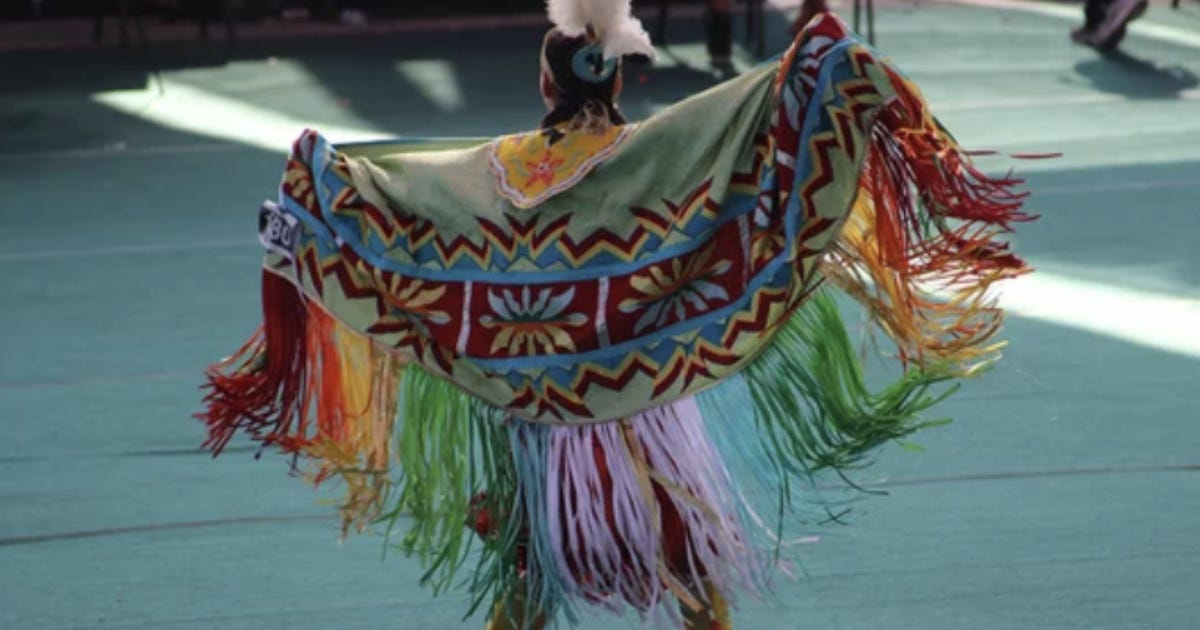B.C. Supreme Court Haida Gwaii order offers more private property uncertainty
The Haida Nation is hailing a “historic victory” after British Columbia’s highest court affirmed the First Nation holds Aboriginal title to Haida Gwaii.
The Haida Nation is hailing a “historic victory” after British Columbia’s highest court affirmed the First Nation holds Aboriginal title to Haida Gwaii. But what does that mean? Aside from leaving private property ownership in doubt, the ruling offers little clarity for private property owners.
“Today Haida ancestors are dancing in celebration,” said the Council of the Haida Nation in their latest media release.
The ancestral "dancing" celebrated a B.C. Supreme Court order issued last Friday, confirming Aboriginal title applies to the entire terrestrial portion of the islands. This marks the first time such a declaration has been issued for the full extent of an Indigenous nation's territory.
The order is in keeping with the NDP B.C. government’s 2021 Rising Tide Agreement.
The Rising Tide Agreement, signed in 2021 between the Haida Nation, the British Columbia provincial government, and the Canadian federal government, set out a framework for implementing Haida Aboriginal title across Haida Gwaii.
While remaining light on specifics, it commits the parties to “reconcile” their respective laws and jurisdictions, while affirming that existing fee simple property interests on the islands continue.
Notably, while the Rising Tide Agreement attempts to state that existing fee simple interests — private property interests — on Haida Gwaii continue to exist, under the agreement, that may cease to be the case depending on further litigation surrounding the overlapping of Aboriginal title and fee simple interests.
True North reached out to a registered financial adviser and former lender who grew up on Haida Nation territory — then known as the Queen Charlotte Islands — and asked about the potential implications for private property owners.
“As far as the banks are concerned,” he said, “any additional interests on the title of a property, whether that be an easement or something else, makes that property less attractive to a potential lender.”
The B.C. property market, like all markets, abhors uncertainty—and, if anything, this order injects more uncertainty into an already murky territory.
The Eby government says it consulted local governments, businesses, tourism operators, residents and property owners on Haida Gwaii, and held community meetings in four communities last spring.
The B.C. Conservatives, however, are warning the decision leaves private property rights in limbo.
“This process has unfolded in secrecy, without consultation with non-Indigenous residents or businesses, and now thousands of British Columbians face uncertainty over their homes, property and livelihoods,” said Conservative Leader John Rustad.
Conservative MLA Scott McInnis said the ruling "throws private property rights into the garbage," creating uncertainty for the province as a whole.
Indigenous Relations and Reconciliation Minister Spencer Chandra Herbert said the agreement explicitly protects fee-simple landowners.
“The order says in many places this agreement will have no impact on private property,” he said.
“When we negotiate agreements with Nations, rather than fight in court, we provide certainty for everyone for the long term.”
However, the decision has not provided certainty.
Rustad has pointed out, for example, that the negotiations underpinning the order were conducted largely behind closed doors and in secret.
Furthermore, he contends that the ruling grants complete sovereignty over private property and leaves private property rights and business security on Haida Gwaii in jeopardy.
He is calling on the NDP government to immediately appeal the ruling, guarantee that private property rights will be respected and protected across B.C. and stop using "closed-door deals" as a model for reconciliation and instead consult with all British Columbians on future agreements.




So after a hundred plus years of property development, judicious land management and taxes being paid by citizens on what was thought to be private land and property holdings, the courts are now stripping these land assets from their legal owners only to hand such assets over, lock, stock and barrel, for free, to people who have never paid anything into the purchase of such land, the upkeep of, or taxation or development costs of that land?......The blatant, sheer theft by government via corrupted judiciary, courts and government controlled "judges" of private land property holdings is nothing short of mafiosa style theft......
https://www.youtube.com/live/NYfdrg5j4q4?si=KMTGZIYCS61j_nuY
This is an extremely concerning discussion regarding Haida Gwaii and the recent Cowichan ruling as well. The door has been opened for more taxpayers $$$$ heading to the Indian Industry. Even more concerning is the discussion around what the Charter says and doesn't say.